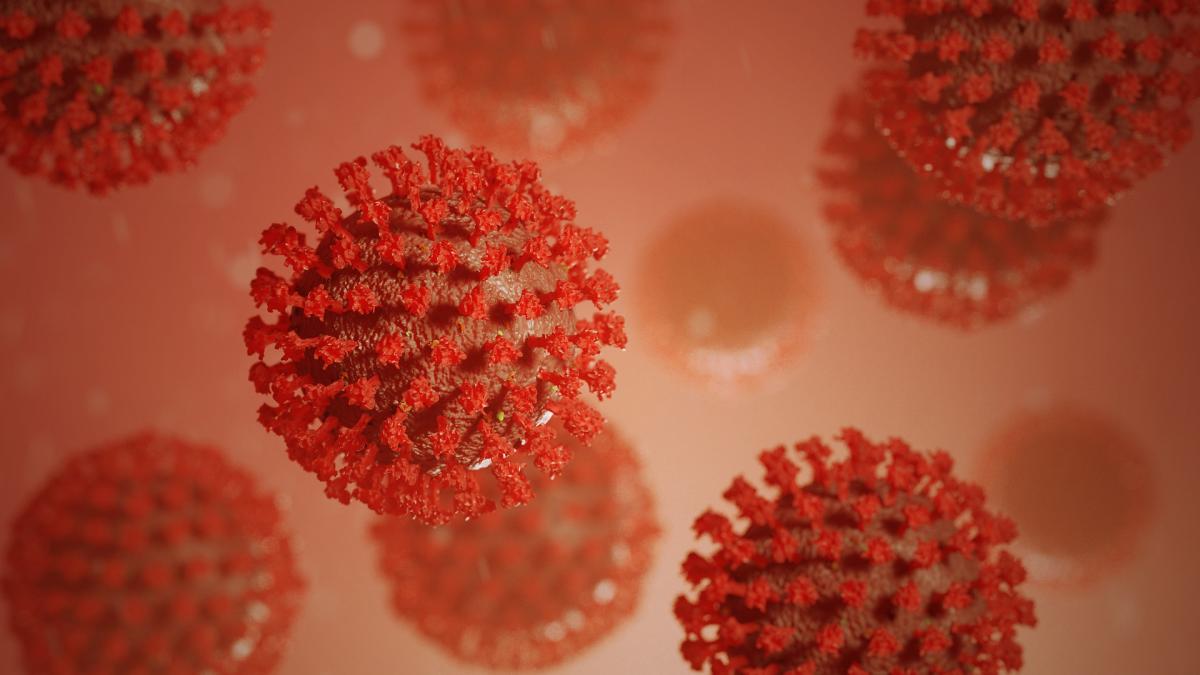
Dr. Clement Furlong and colleagues recently received a grant from the National Institutes of Health to develop a protocol for rapid screening of COVID-19.
Dr. Clement Furlong, a principal investigator on Project 3, Dr. Jae Chung, a professor in Mechanical Engineering, and colleagues recently received $217,000 in supplemental funding for the NIH REACH grant from the National Institute of Biomedical Imaging and Bioengineering (NIBIB) to develop a diagnostic technology for rapid screening of COVID-19. The new diagnostic technique is based on a carbon nanotube sensor used successfully by members of the same research team to diagnose tuberculosis. It is expected to have 95% sensitivity and specificity for COVID-19 and to take only 15 minutes to provide results, at a cost of $10 per individual sampled. The investigators plan to have the sensor ready for use within one year.
Over the summer Furlong and his colleagues published a paper demonstrating the value of the biosensor for use in point-of-care diagnosis of tuberculosis (TB). Globally, TB is a leading cause of death, killing over a million people every year. Many deaths from TB could be prevented with earlier diagnosis and appropriate treatment, but standard TB screening has required a wait time of weeks and/or trained personnel with significant laboratory infrastructure. Developing the portable biosensor for TB screening created a simple, accurate, rapid, low-cost alternative that can be used in a low-resource setting with significant benefits to public health.
Now the team is developing a similar approach for the diagnosis of COVID-19 using the same carbon nanotube technology. The hope is to speed up the development of new technologies for rapid, simple, accurate, low-cost testing for COVID-19. Such testing, once made widely-available, will help safely return society to a state of normal functioning.
Funding for Chung, Furlong and colleagues will extend through the end of June, 2021. The group will work with UW's CoMotion office to commercialize the test with plans to make it widely available by next summer.

